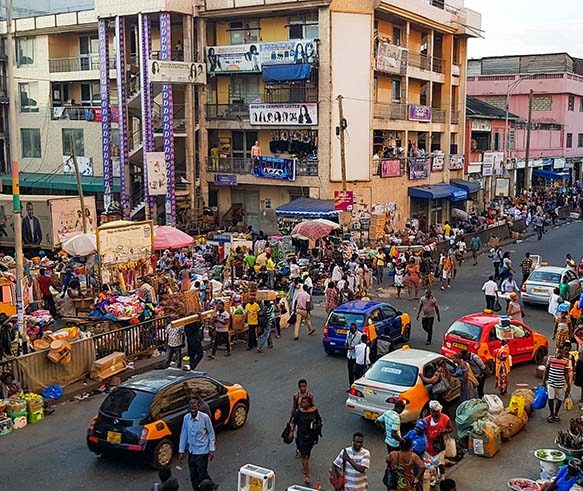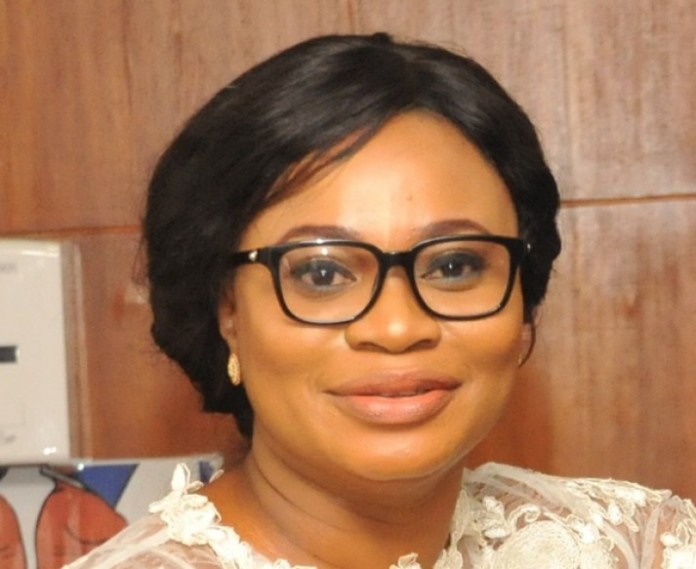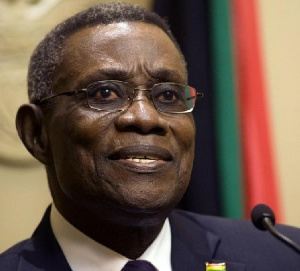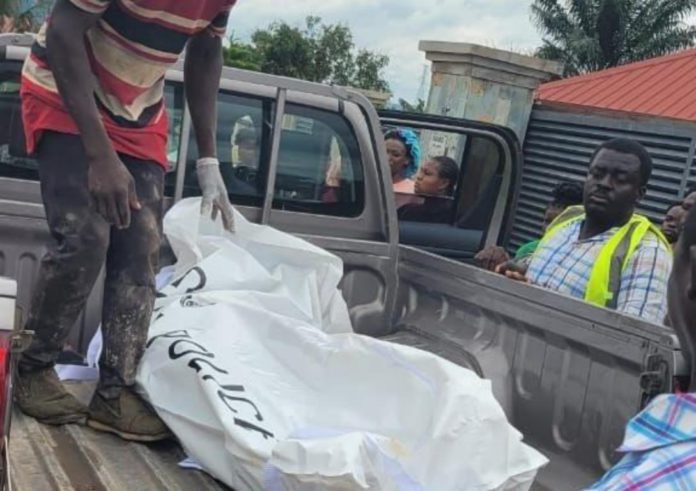Ghana, Ivory Coast, 32 others on World Bank’s HIPC list

There are currently about 34 African countries on the World Bank and IMF’s heavily indebted countries’ list, according to data obtained by Business Insider Africa.
Among these heavily indebted poor countries are Ghana, Tanzania, Ethiopia, Benin, Burkina Faso, Burundi, Cameroon, Central African Republic, Chad, Comoros Islands, Democratic Republic of Congo and Republic of Congo.
Others include Ivory Coast, Eritrea, Ethiopia, Gambia, Guinea, Guinea-Bissau, Liberia, Madagascar, Malawi, Mali, Mauritania, Mozambique, Niger, Rwanda, Sao Tome and Principe, Senegal, Sierra Leone, Somalia, Sudan, Tanzania, Togo, Uganda and Zambia.
The heavily indebted poor countries’ list is a joint initiative by the World Bank and the International Monetary Fund (IMF) which was launched in 1996.
According to information obtained from the IMF fact sheet, the aim of the initiative is to ensure that no poor country in the world ever faces a debt burden it cannot manage.
This debt relief initiative works in such a way that multilateral financial organisations (including the IMF and the World Bank) work in partnership with governments across the world to lower external debts of impoverished countries to sustainable levels.
Out of the 40 countries that are currently on this list, 33 are in Africa and they have a combined population of about 760 million people.
It is, however, important to note that being poor is not the only eligibility criteria for being admitted on the heavily indebted poor countries’ list. There are a number of other requirements, including an established track record of the capability to grow out of poverty over time. The IMF listed the full criteria as follows:
- Countries must be eligible to borrow from the World Bank’s International Development Agency.
- Only countries facing an unsustainable debt burden that cannot be addressed through traditional debt relief mechanisms can be admitted.
- The countries must have established track records of development reforms and sound policies.
- They must also have an established poverty reduction strategy paper (PRSP) in place.
Meanwhile, Ghana’s Finance Minister Ken Ofori-Atta has downplayed reports that government is considering the option of returning to the International Monetary Fund, IMF, for some financial support to help stabilize the economy.
“Absolutely not. We’ve gone to the Eurobond market, I guess 4 out of the 5 years since we came and those are always alternatives that we consider,” the Minister told Accra-based Citi FM.
Source: Businessinsider.com
Note: A few details have been added to provide balance and Ghanaian perspective to the story.





